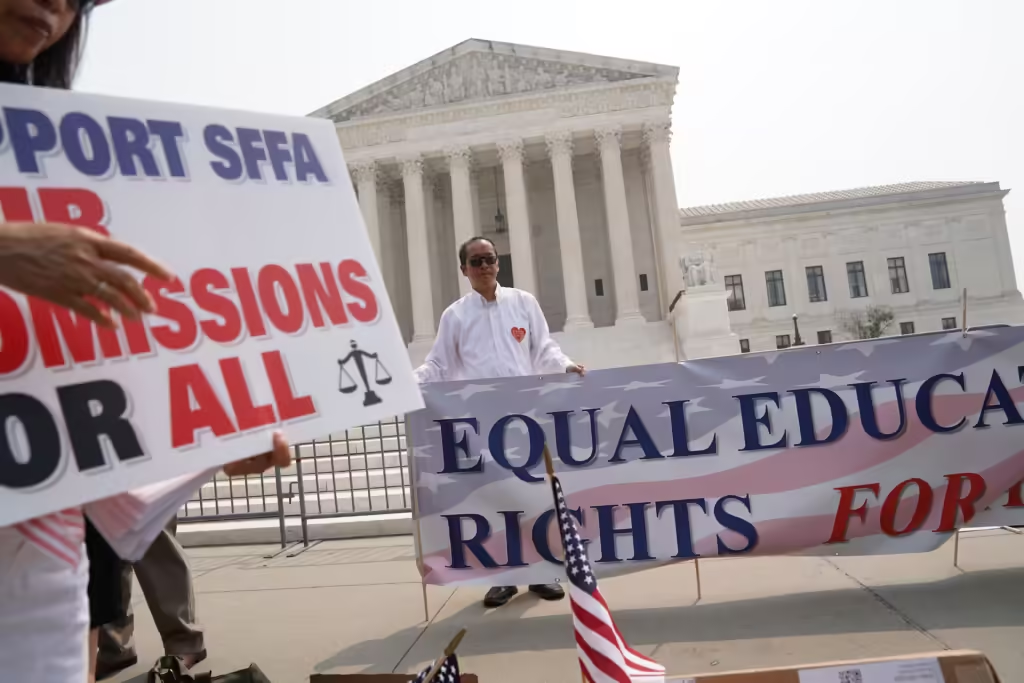
The Supreme Court to hear major case on affirmative action in college admissions has significant implications for how universities across the nation approach diversity in their admissions processes. As the highest court prepares to deliberate, many are closely watching how this ruling could reshape policies affecting millions of students seeking higher education.
Background on Affirmative Action
Affirmative action policies were initially designed to combat systemic discrimination and ensure that underrepresented groups have fair access to educational opportunities. These policies often involve considering race and ethnicity as one of several factors in college admissions. Over the years, these practices have sparked intense debate, with proponents arguing they promote diversity and inclusivity, while opponents claim they result in reverse discrimination.
The Upcoming Supreme Court Case
The case being heard by the Supreme Court revolves around the admissions processes at several prestigious universities. Plaintiffs argue that the use of race in admissions decisions is unconstitutional, citing the need for equal treatment under the law. They contend that such practices unfairly disadvantage applicants from non-minority backgrounds. Conversely, university officials argue that diversity enriches the educational experience and prepares students for a multicultural society.
Implications of the Court’s Decision
The Supreme Court to hear major case on affirmative action in college admissions raises critical questions about the future of educational access and equity. A ruling against affirmative action could lead to sweeping changes, potentially resulting in a decline in the number of underrepresented students admitted to elite institutions. This could significantly alter campus demographics and impact the broader societal landscape.
Public Response and Expert Opinions
Public opinion on affirmative action remains divided. Supporters of the current policies argue that they are necessary to level the playing field and foster a diverse student body that reflects the demographics of the country. Critics, however, contend that admissions should be based solely on merit, advocating for a system that does not consider race or ethnicity at all.
Experts in higher education policy emphasize that the Supreme Court’s ruling could set a precedent for how colleges and universities construct their admissions frameworks in the future. Institutions may need to explore alternative methods to achieve diversity without explicitly factoring in race. This could lead to a shift toward socioeconomic status or other holistic criteria.
Conclusion
As the Supreme Court to hear major case on affirmative action in college admissions, the educational community, students, and parents eagerly await the outcome. The ruling has the potential to influence not only college admissions but also broader conversations about equality, diversity, and inclusion in American society. Stakeholders on all sides of the issue are preparing for a decision that could reshape the future of higher education in the United States.
For updates on this developing story, stay tuned to our news platform, where we provide comprehensive coverage and expert analysis on pivotal legal decisions and their implications for American life.
image source – washingtonpost.com


